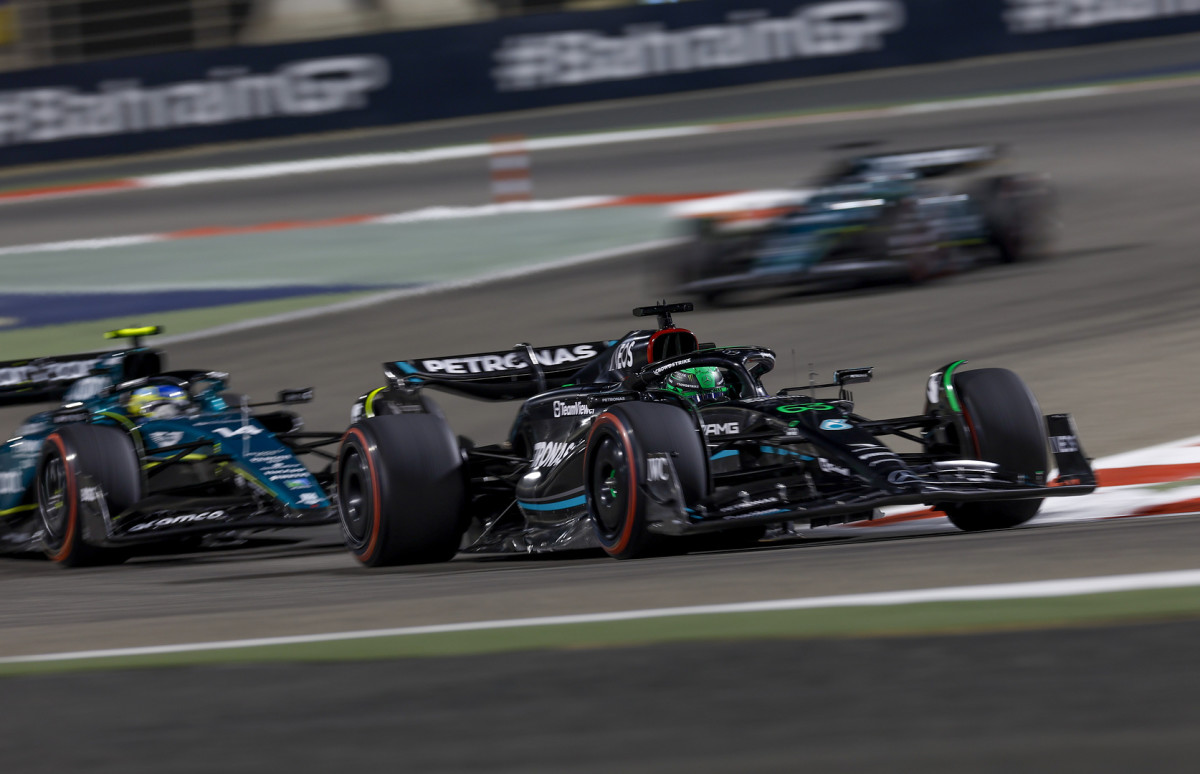F1 Pundit Demands Huge Change To Car Powertrains: "I Think It's Time"

F1 pundit Karun Chandhok has demanded that F1 makes a big change to their cars by removing the hybrid powertrain and replacing it with a lighter, cheaper, V10 engine in a bid to improve the racing and sustainability of the sport.
Formula 1 has always been at the forefront of technological advancements in motorsport. It is a sport that constantly pushes the limits of what is possible with engineering and design. However, the use of hybrid engines in the sport has been a topic of debate for many years due to the added weight of the batteries and hybrid systems. Former F1 driver and current pundit Karun Chandhok has been advocating for a change in the current hybrid power units used in the sport for a while now, but now he's demanding a change.
We would love to see (and hear) the V10 return to #F1. Hybrid powertrains are so heavy and simply don't return the performance you'd need to offset their weight.
— F1FAll (@F1fAllOfficial) March 14, 2023
We'd rather have slower cars but better racing. Who's with us? https://t.co/ysLhLIVpra
Chandhok believes that it is time for F1 to move away from the heavy batteries used in the current hybrid engines and instead focus on light cars with V10 engines running on sustainable fuels. This, he believes, would make for an exciting and sustainable future for the sport. He argues that Le Mans is already pushing for hybrid engines, while Formula E is focused on electric power. F1, because of this, has an opportunity to lead the development of sustainable fuels.
"As I’ve said on several occasions - I think it’s time for F1 to ditch the hybrids with the heavy batteries," he posted to Twitter. "Light cars with V10s screaming on sustainable fuels would be brilliant… Le Mans is pushing hybrids, FE is doing Electric, F1 can lead development in sustainable fuels."
While it is true that the current hybrid engines used in F1 have helped the sport to reduce its carbon footprint, there is no denying that they have also made the cars heavier and less exciting to watch. The sound of the V10 engines that were used in F1 in the past was something that fans loved, and still yearn for today. The current engines may be more efficient, but they lack the same excitement, thrill, and screaming noise that the V10 engines provided.

Adrian Newey, the talented aerodynamicist behind Red Bull's RB19, has also commented on the weight of these cars in the past, admitting that he believes the sport is heading in the wrong direction:
"I think it's a bit of a shame that Formula 1 has gone down this path, especially because right now there is a need and opportunity to do exactly the opposite," he said.
"It is clear that this wrong direction is the same one that the general car industry has taken recently: bigger and heavier cars and people's obsession with running on batteries or petrol.
"The biggest problem is the amount of energy needed to move the damn thing, regardless of where that energy comes from.
"It seems Formula 1's technical regulations don't understand that, because the big car manufacturers obviously don't want that," he admits.
F1's current mission is to become fully carbon-neutral and sustainable by 2030, and by creating lighter cars that are powered solely by sustainable fuels will help them strive towards this objective. At the same time, it should lower the cost of the power unit, allowing smaller teams such as Williams and Haas to devote more money to other aspects of the car.
With modern cars weighing 798kg at a minimum in comparison to 505kg in the early '90s, there's plenty of difference to play with. And I think I talk for everyone when I say I'd love for the V10 scream to return.
